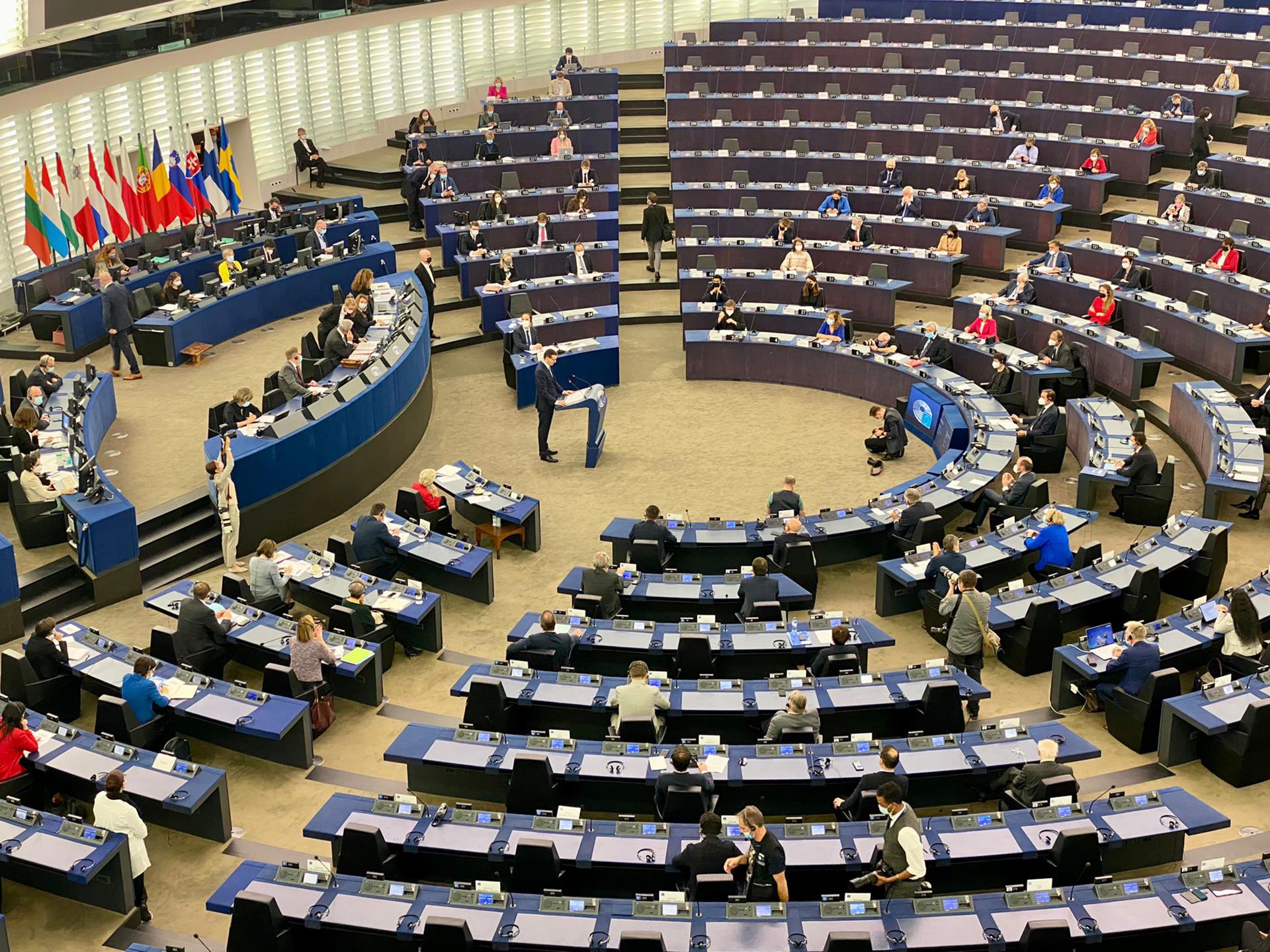It doesn’t seem likely that the new forces in Brussels will stop the European Green Deal, but a revision in line with Poland’s interests is possible. It is important not to throw the baby out with the bathwater – writes Wojciech Jakóbik, editor-in-chief at BiznesAlert.pl.
- Civic Coalition wins EU parliamentary election in Poland
- Mainstream parties will have a majority in the European Parliament, but eurosceptics are growing stronger
- A revision of the European Green Deal is possible and it has become less likely the reform will remain as is
- Poland can pursue its interests by bargaining for more support and a reduced tariff
The State Electoral Commission has published the results of the elections to the European Parliament in Poland, which were won by the Civic Coalition. The coalition won 37.06% of the vote. Law and Justice had 36.16%, while the Confederacy received 12.08%. The Third Way won 6.91 percent of the votes, and the Left -6.3 percent of the vote. In 2019 the Law and Justice got 45.38 percent, while the European Coalition (Civic Platform, Polish People’s Party, Democratic Left Alliance, Independents and greens) got 38.47 percent, Robert Biedroń’s Spring got 6.06 percent, while the Electoral Committee of Voters of the Confederation Korwin Braun Liroy Nationalists got 4.55 percent.
This comparison shows that the Confederation is the biggest winner of the European elections in Poland. One might suspect that one of the reasons is the flashy electoral programme in which the party uncompromisingly criticised the European Green Deal. It should also be noted that the decline in support for Law and Justice is likely due to negative sentiment towards the team that was removed from power in the 2023 parliamentary elections. The repetition of the European Coalition’s result by the Civic Coalition, now without coalition partners, shows that this faction representing the largest ruling party absorbs smaller political groups. This is also evident from the result of the Third Way (Poland 2050 and the Polish People’s Party) and the Left, which lost the most voters in relation to the elections to the Sejm, in which they received 14.4 and 9.61 percent, respectively. Polls reveal their voters drifted to the Civic Coalition.
At European level, the European People’s party (EPP), which includes the Civic Coalition MEPs, has won 185 seats. Socialists and Democrats, where Poland’s Left party belongs, got 137 mandates, while Renew Europe to which Poland’s Third Way MEPs belongs got 80 MEPs. The European Conservatives and reformists won 73 seats (with Law and Justice MEPs). Identity and Democracy has 58 seats, the Greens have 52 and the non-attached have 46. The European People’s Party, the Socialists and Democrats and the Greens will have 454 of the 720 seats in the European Parliament. They will be the biggest force in the house, but the number of seats taken by nationalists and eurosceptics is growing.
However, much more important are the conclusions from the national votes for the European Parliament, which show growing support for conservative and right-wing forces that will, in the future, translate into changes in national parliaments. These, in turn, will create new rules through the Council in trialogue with the European Parliament and the Commission, for example by amending numerous acts of the European Green Deal. This is where the correction I wrote about before the EP elections reveals itself. The eurosceptic right-wing won the European elections in Belgium and France, prompting the governments to announce snap elections. Germany elected the CDU / CSU, but the pro-Russian and eurosceptic Alternative for Germany won 16 percent of the vote. The right won in Austria, Spain, Italy and Hungary.
Poland can leverage the growing strength of skeptical factions towards the European Green Deal in Europe to introduce amendments that won’t halt the beneficial changes but will provide greater leeway and support for less advanced countries in the energy transition pathway, including itself. Mainstream parties will have to intercept some of the demands of the growing eurosceptic opposition to avoid social outbursts like the yellow vests strikes or farmers ’ protests. This means that the European Green Deal is likely to evolve, but it will not be stopped. Poles can bargain in such a way as to gain as much as possible and lose as little as possible.









